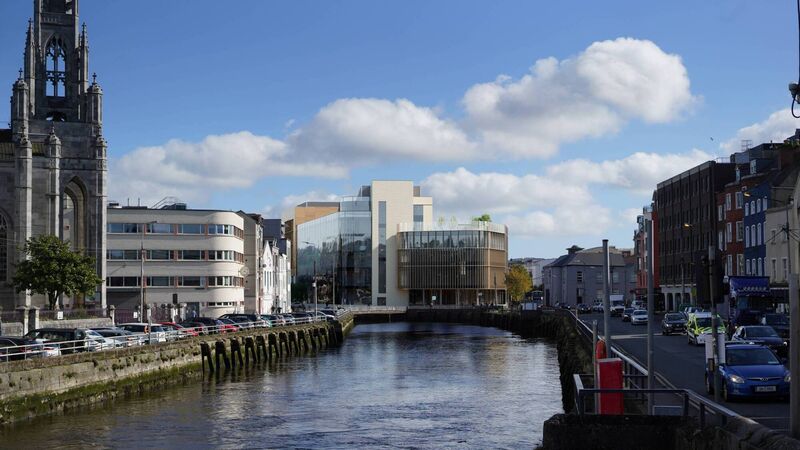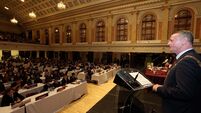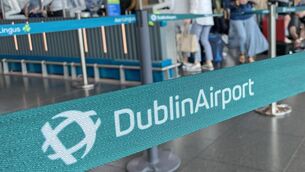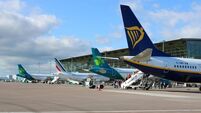Irish Examiner view: UCC ditching CUBS centre highlights crises in third-level education

A visualisation of UCC's proposed city centre CUBS business school between Copley St and South Terrace on the south channel of the River Lee. Image: G-Net 3D
The scrapping of the Cork University Business School (CUBS) building in Cork City, as reported by Mick Clifford on Saturday, is a reminder that the best laid plans can fall asunder, but that they can still come at a significant cost.
Some €19m has already been spent, between €17m on the Brooks Haughton site and a further €2m on design and related services. Still, better to halt things now than after construction has begun — every public sector project in this country seems to be hit by cost overruns and the simple increase in the cost of building materials.
















